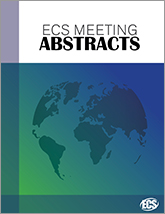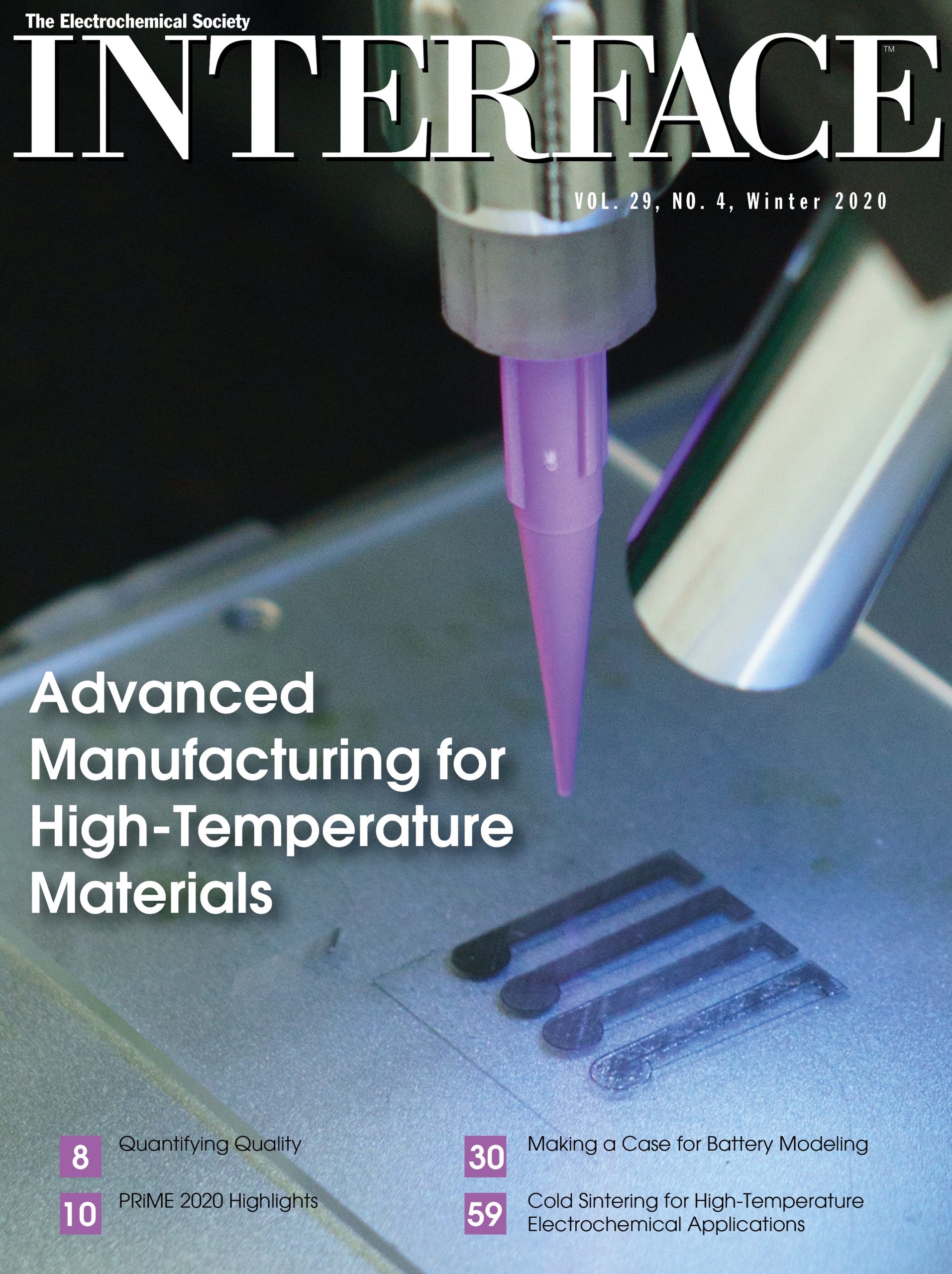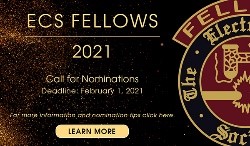ECS seeks Director of Publications

Reports to: Executive Director & CEO
Classification: Full-Time Exempt
Major function
Responsible for strategic planning and efficient operations of ECS’s publications, including the journals, Interface, ECS Transactions, and the ECS Digital Library, with the ultimate goal of maintaining and advancing the Society’s preeminence as a technical publisher. Leads efforts to ensure the effective acquisition of the most important research in our field and the broadest possible dissemination of this technical content; works with executive staff and volunteer leaders to curate ECS’s portfolio to ensure titles reflect the evolving technical and publishing needs of the community, and serves as the senior relationship manager for ECS’s publication-related committees and volunteers. Works closely with the senior staff and volunteer leaders to ensure ECS publications advance the mission and support the goals and objectives of the Society and provides outstanding management and leadership to direct and non-direct reporting staff on the ECS Publications team. (more…)







